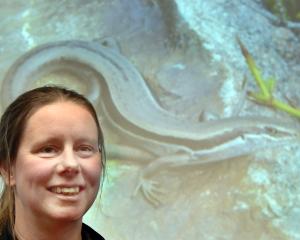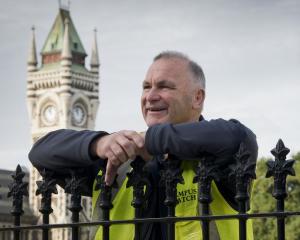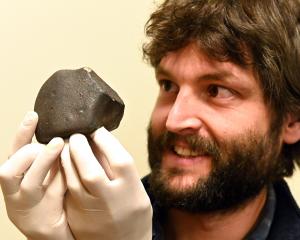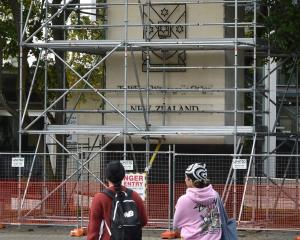
For a University of Otago researcher examining the role of children in family life, that adage has been more than helpful.
Parisa Saadat Abadi Nasab, a PhD candidate in the department of tourism, took on the task of gathering and studying thousands of pictures dating from 1896 to 2018 to find out how children were represented in family leisure photographs and how that related to society over time.
"I believe a photograph is more than a memory - it reflects the photographer’s attitude towards what they have photographed," she said.
"In my view, photographs are not just objects - they are slices of life and they carry meaning - so it was very interesting for me to monitor this to understand what has changed in people’s lives since cameras became popular and more readily accessible."
Her paper, published in World Leisure Journal, revealed how children were either absent, or passive objects, in family leisure photos from the first decades of the 20th century through to the 1960s.
"It wasn’t until the 1970s that parents, and society, began to recognise the importance of children’s position within the family.
"They shifted to become the centre of attention in the family and an active agent in the family leisure decision-making process."
Examples of changes over time were photos from 1896 to the end of World War 1, in which children appear sometimes but in the corner or behind their parents, through to the 1970s, when there were more photos of children in the yard or at family meals, and with more toys at home.
"Children’s autonomy has grown in the past few decades and they are now more informed about their rights than previous generations. Despite this, children are viewed by society as being more vulnerable emotionally and physically now than in the past, which has increased the social construction of the importance of parents’ role as the main guardians of children."
She believed tourism operators now recognised the active role of children in the family holiday decision-making process, and considered them as a separate market, Dr Saadat Abadi Nasab said.











